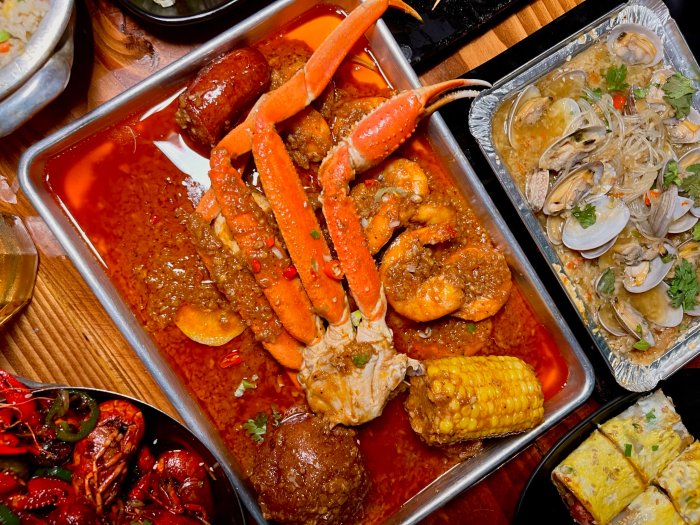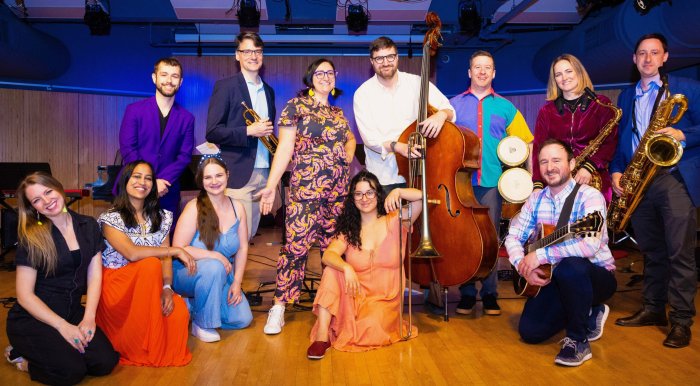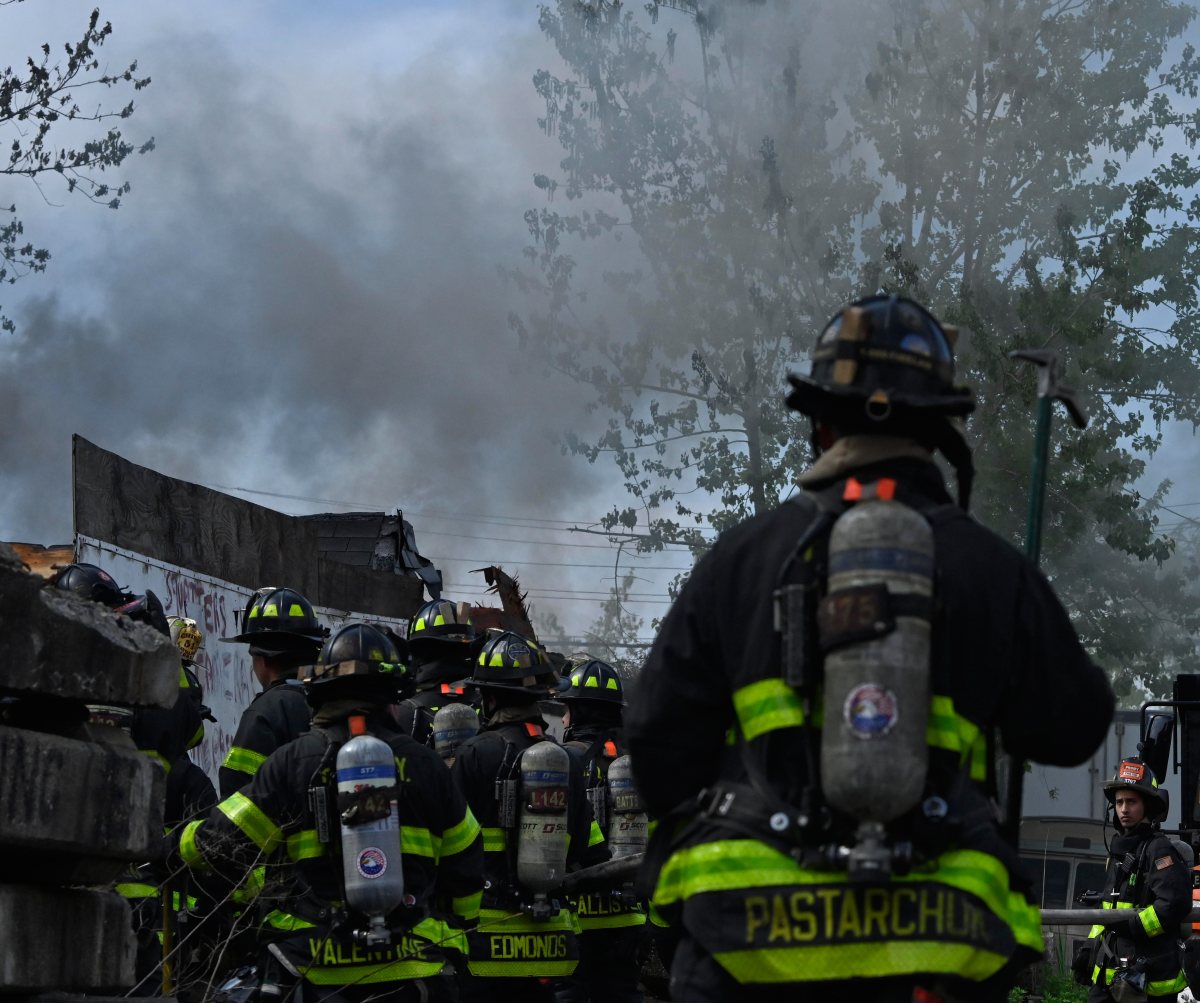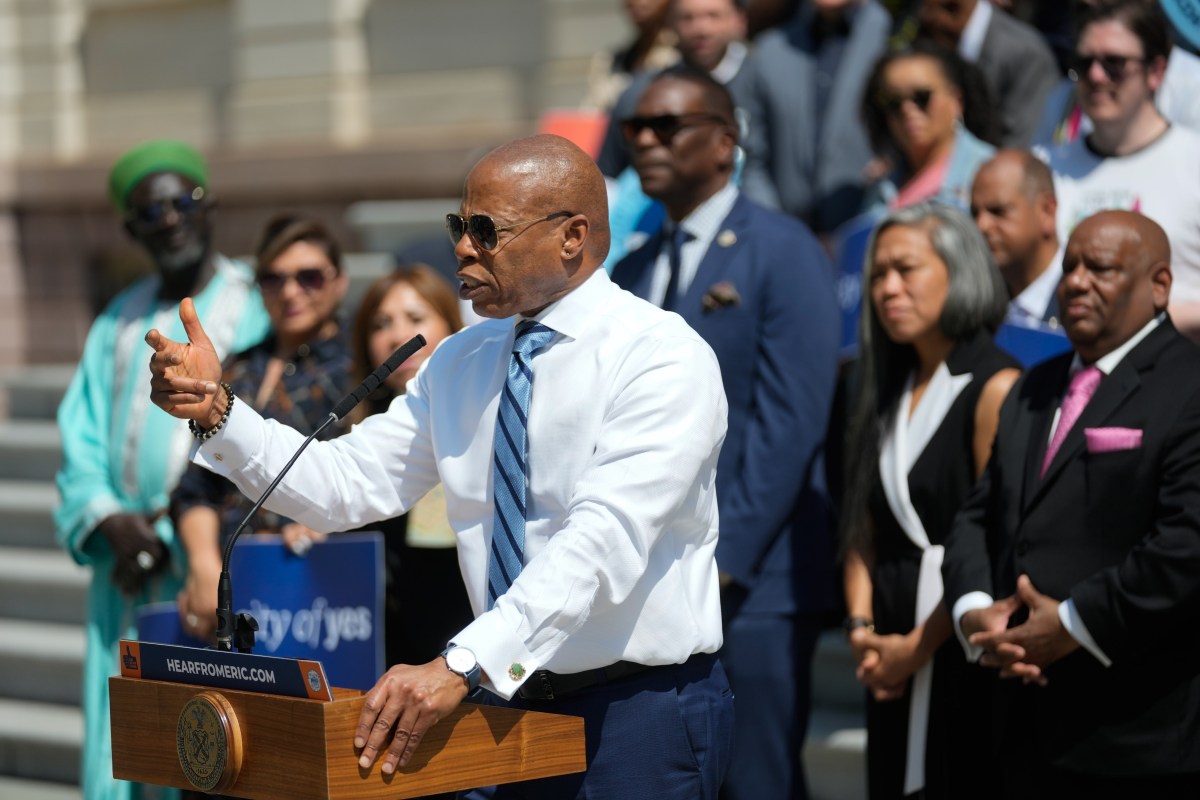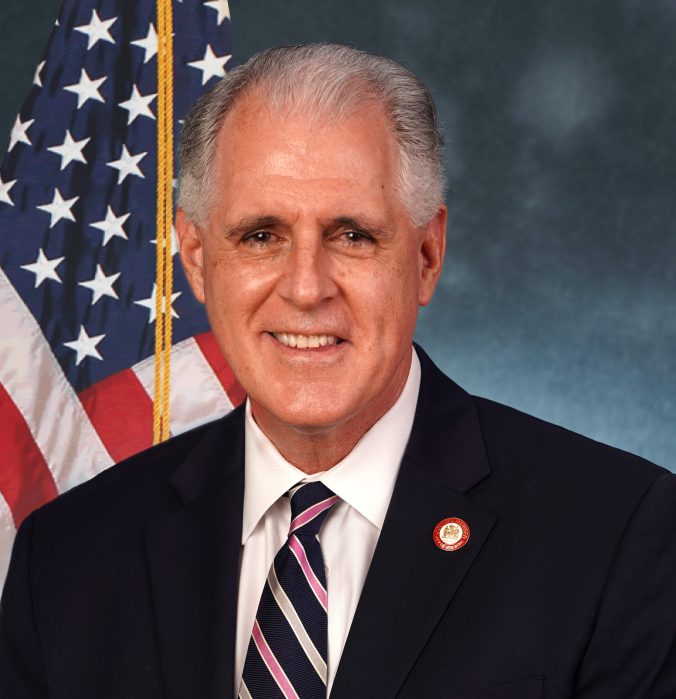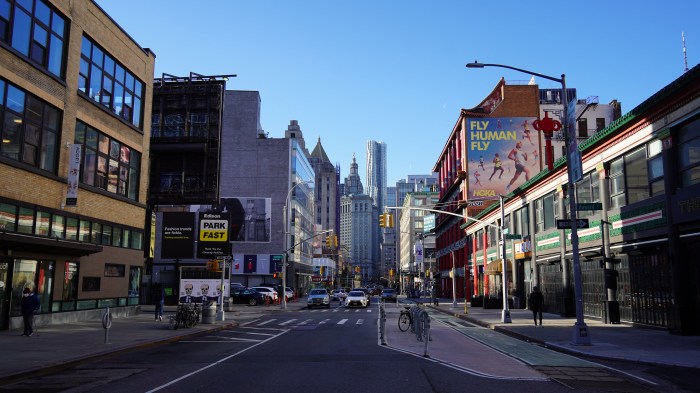I have a love-hate relationship with pro football.
When it is played well and has heightened drama — like the fourth quarter of last Sunday’s Super Bowl was — there is no more thrilling spectacle. It is not only a game of intense physicality, with balletic twists by receivers often followed by bone crushing hits by linebackers, but also a strategic battle of wits akin to chess.
But America’s favorite spectator sport also has a dark side, when the violent culture leads to heightened brutality perpetrated by NFL players. So events like the heart-wrenching scene of domestic abuse by former Baltimore Ravens running back Ray Rice caught on camera for the world to see make me step back and acknowledge it is not all hunky-dory.
And it isn’t just inside the home (or nightclubs) where this macho and violent game leads to unnecessary harm — it is also inside the skulls of longtime players, who suffer repeated head injuries that lead to irreparable brain damage. How many ex-pro players do we have to see succumb to dementia or self-inflicted injury before we realize that there is an epidemic of brain injuries that is too high a price to pay for the mere viewing and rooting pleasure of millions of Americans?
When this football season started last fall, there was a drumbeat of bad news that thundered down on the NFL: scientific studies that proved a high percentage of ex-players suffer from brain injuries followed by the Ray Rice video and the league’s bungling of his punishment. I stopped watching games for a while.
I was ready to write football’s premature obituary. I would tell friends and colleagues that watching football these days reminded me of watching professional boxing in the 1980s, when sports’ most iconic figure, Muhammad Ali, started slurring his words and walking around like he was, ironically, “punch drunk” and boxing started its slow fade.
Could that be the fate of professional football, I thought, a multibillion-dollar industry that would be toppled because the metaphorical surgeon general’s warning was finally being heeded?
It is still possible that in the not-too-distant future, football will head over the cliff and begin its slow descent. Like empires and powerful civilizations, no industry or professional sport is immune from the vagaries of excess and overreach.
But after watching Sunday night’s Super Bowl, which included two star-studded teams that I have only a casual interest in, I am reminded of the powerful hold that professional football has on America’s collective psyche. For one night, a large chunk of our country congregates around a big screen, all at the same time (because no one waits to see the Super Bowl on Netflix a week later), and we watch these larger than life figures go toe-to-toe for 60 minutes in a winner-take-all match.
To paraphrase Mark Twain, reports of the NFL’s death are greatly exaggerated.
In an era where much of life exists in the gray zone, it is comforting to have one night where everything is on the line and will be decided definitively.
And for the next 48 hours, there is endless chatter picking apart the coaches’ decisions, analyzing the key plays and making comparisons to Super Bowls past. There is a unifying aspect to this collective discussion; for once, red states and blue states recede; black and white and brown and yellow fans vehemently argue for their favorite team or favorite player. The dysfunction of Congress, the sluggishness of the economy, the growing inequality in our society — it all fades into the background as people of all races and classes talk about “The Game” or “The Pass” or “That Coach’s Awful Decision.”
Professional football, the closest thing that modern society has to the Roman Coliseum, is our metaphorical civil war, our fight to the death, our gladiators fighting ferociously for the coveted gold prize. It allows millions of us to at once express and sublimate our violent and hostile emotions in a controlled and socially acceptable way.
In short, football is both metaphor and the bluntest expression of American violence and rugged individualism. It is as purely American a pastime as anything that still exists; we don’t see the Chinese or the Russians adopting football as their own and it’s not likely that this unique game will spread globally in the same way that basketball has in recent decades. It is ours and we get to keep it all to ourselves.
But I still wish they could manufacture helmets that make concussions obsolete. And that high-school and college players would be required to learn feminism and gender studies so they will become less testosterone-fueled and more progesterone sympathetic.
That would be a real game changer.
Tom Allon, president of City & State NY, was a Republican and Liberal Party-backed mayoral candidate in 2013 before he left to return to the private sector. Reach him at tallon@cityandstateny.com.


